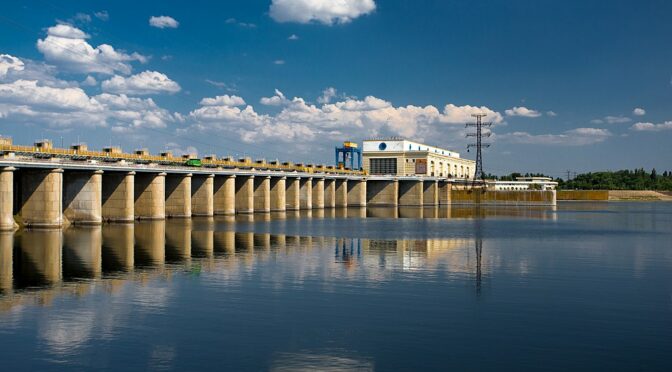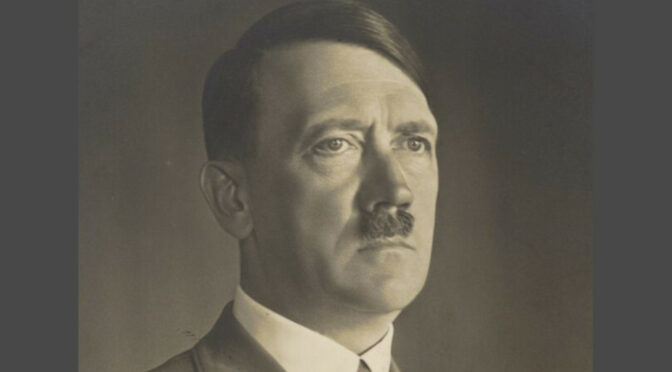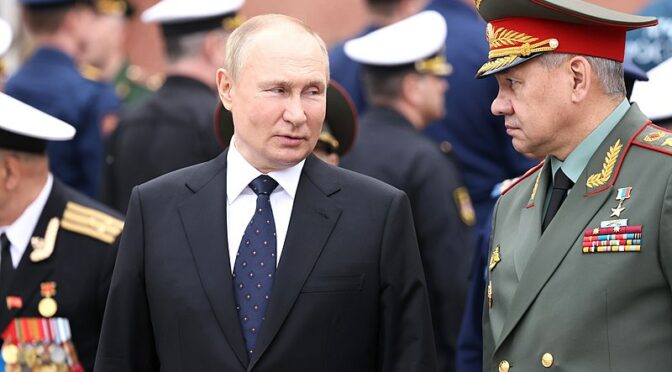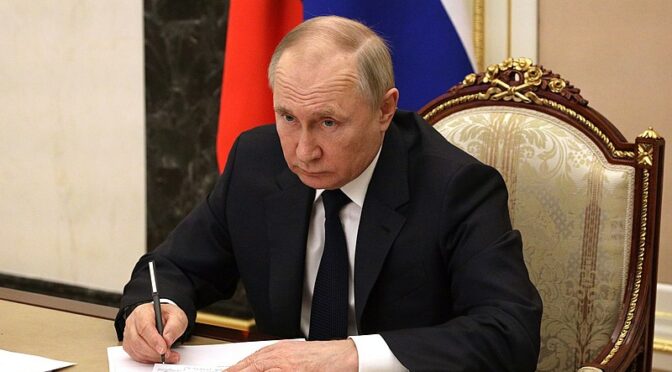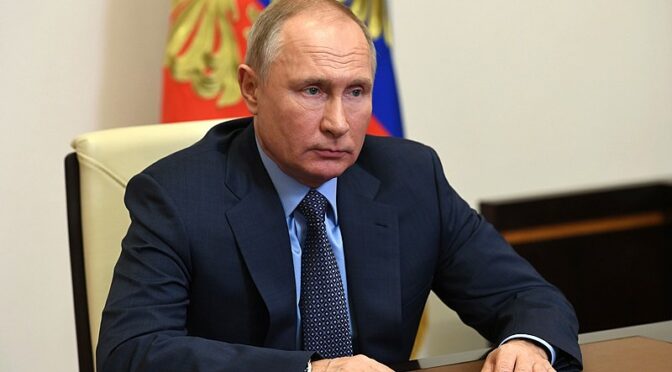Article published in The Daily Telegraph, 30 October 2022. © Richard Kemp
The reported hacking of Liz Truss’s mobile phone over the summer, suspected to have been conducted by people working on behalf of the Kremlin, should raise alarm bells across Whitehall. Britain is under fierce attack in this new era of hybrid warfare. While we may not be exchanging fire on the battlefield, our critical national infrastructure will be severely undermined and potentially destroyed if we fail to get a grip.
Currently, it is quite clear that our political establishment is not taking the threat seriously enough. The compromised information on Ms Truss’s personal phone, it is reported, may have included sensitive information about the Ukraine war. If true, that would be an extraordinary dereliction of security. Even in the analogue days of the Second World War, it is hard to imagine any government minister making calls or sending cables about sensitive military or diplomatic issues through devices otherwise used for personal matters.
We may indeed have extraordinary technology these days, allowing us to encrypt messages as soon as they are sent, but this amounts to nothing if we continue to see Ukraine as a far-off battle that affects us only on our television screens. At times of war – and this is a war the UK is heavily engaged in – even encrypted communications should be carefully guarded by Whitehall’s security apparatus.
For Putin considers Britain to be his second biggest enemy in Europe, behind Ukraine. He demonstrated his particular hatred for us four years ago, with the nerve-agent attack in Salisbury. His authorities will use any means possible to damage us.
We therefore cannot put anything past him. That includes the severing of the Shefa-2 fibre-optic cables between Scotland, Shetland and the Faroes. These have been played down as accidents – ‘probably by a fishing vessel’ – but how likely is it that an accident would produce two separate cuts on the same day, especially when there was a Russian ‘research’ vessel in the same seaway? We should at the very least investigate the possibility of sabotage. Continue reading


